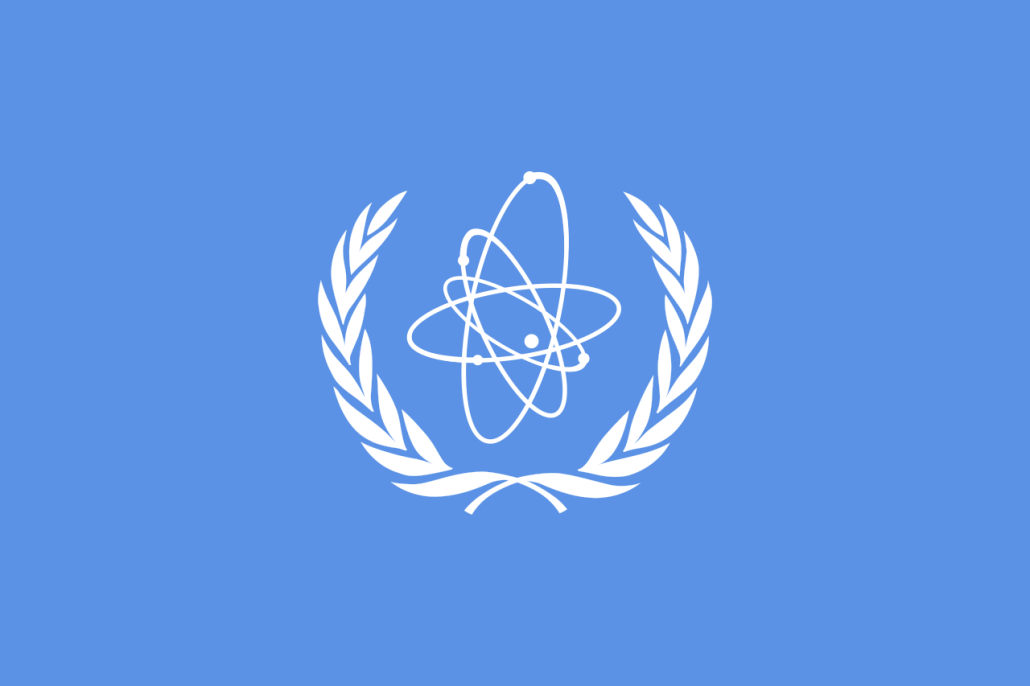The International Atomic Energy Agency (IAEA) has once again confirmed that Iran continues to fulfill the commitments made under the agreement on the Iranian nuclear program, said Yukiya Amano, general director of the organization.
“Iran fulfills commitments related to the nuclear program within the framework of the Joint Comprehensive Plan of Action. It is very important that Iran continues to fully fulfill these commitments,” Amano said to the IAEA Board of Governors.
The U.S. introduced a second package of unilateral sanctions against Tehran aimed at restricting the export of Iranian oil on November 5. More than 700 individuals and legal entities, ships and aircraft of Iran fell under the new U.S. sanctions.
This is the second wave of sanctions imposed by the Trump administration since May of this year.
Despite the desire to reduce to zero the supply of Iranian oil to the world market, Washington nevertheless went for relief for a number of countries purchasing energy from Iran, including Italy, Greece, Turkey, India, China, South Korea, Japan, Taiwan.
In 2012, the Iranian government ceased, in response to sanctions by Western countries, the sale of oil to the U.S. and the UK, and from the beginning of 2013 to the EU.
On July 14, 2015, Iran and the six international mediators (Russia, USA, Britain, China, France, Germany) reached a historic agreement on resolving the long-standing problem of the Iranian atom: the Joint Comprehensive Action Plan was adopted, the implementation of which removed Iran’s previously introduced economic and financial sanctions from the UN Security Council, the United States and the European Union.
After Iran made concessions on the nuclear program, in 2016 the U.S. authorities announced the lift of sanctions from 59 individuals (citizens of Iran and other countries), 385 enterprises, 77 planes and 227 ships.
In 2018, the Trump administration restored sanctions against Iran.
U.S. President Donald Trump announced in May that Washington was withdrawing from an agreement on a nuclear program with Iran. Trump also reported on the restoration of all sanctions against Iran, including secondary ones, that is, in relation to other countries doing business with Iran. The United States re-introduced part of the sanctions against Iran on August 7. More substantial sanctions that will cover oil exports are expected from the beginning of November.
From August 7, 2018, the updated Blocking Statute entered into force in the EU, the provisions of which are aimed at protecting European companies from the influence of U.S. extraterritorial sanctions.
Source: MENAFN




